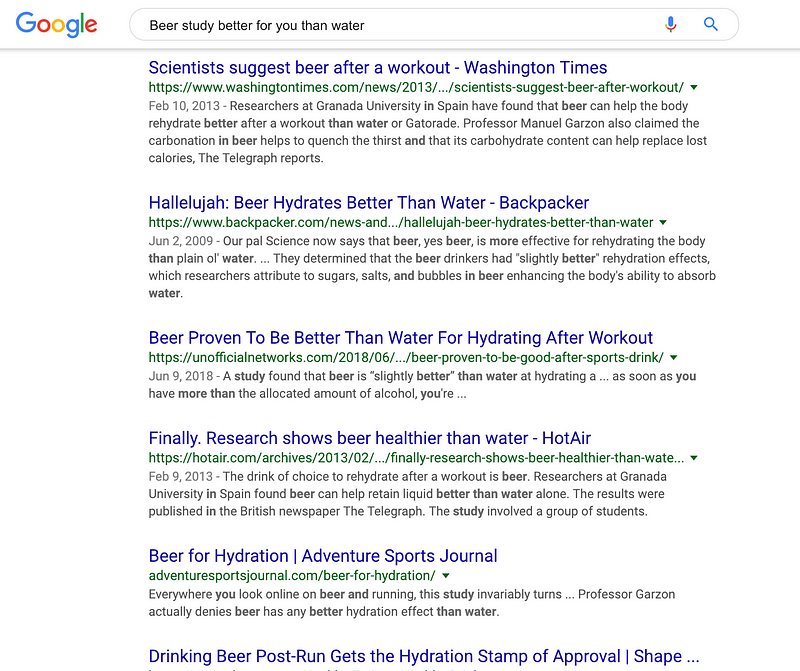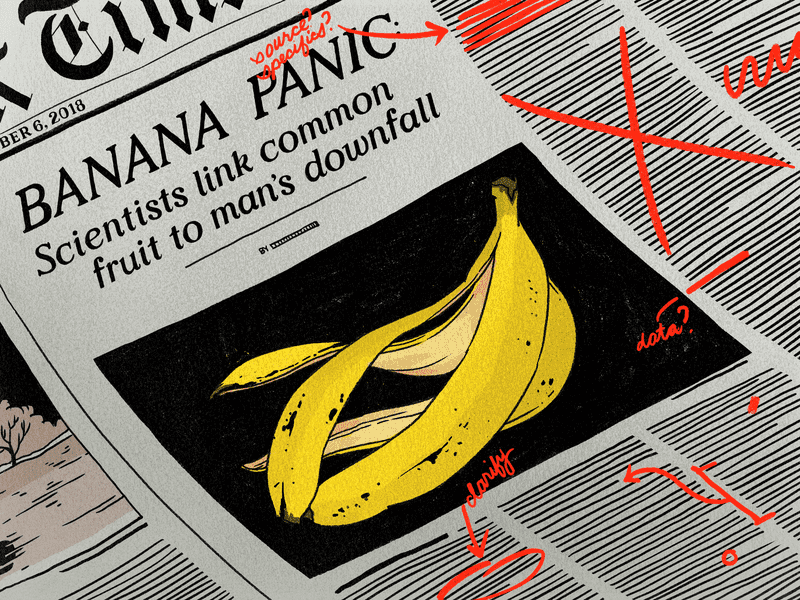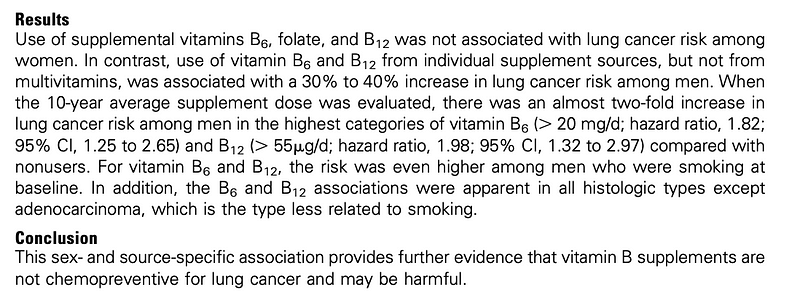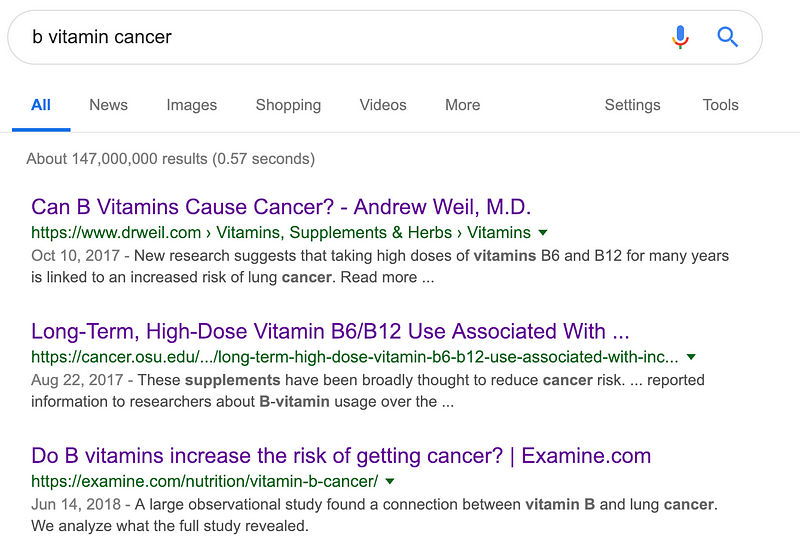# The Risks of Misleading Headlines in Science Journalism
Written on
Understanding the Impact of Headlines
Science journalism presents a considerable challenge, particularly when it comes to crafting headlines that accurately reflect the content. A decade ago, I wrote a blog post that unexpectedly gained traction. The title was provocative: "Beer: Now Scientifically Better for You than Water."

The post gained significant attention, partially thanks to a study from Granada University in Spain, which claimed that beer could be more effective than water for rehydration after exercise. The blog received around 30,000 views in a matter of days, a remarkable feat at the time.
However, the sensational headline overshadowed the nuances of the research. While I didn’t intend for my blog to serve as a scientific resource, the catchy title appealed to readers' curiosity.
Confusion in Scientific Reporting
Even diligent journalists can find themselves caught in the trap of misleading headlines when reporting on scientific research. This issue was explored in an episode of the podcast "Undiscovered," titled "This Headline Might Kill You."

The hosts, Elah Feder and Annie Minoff, used a case study about a troubling headline that alarmed a friend: "High Doses of Vitamin B Tied to Lung Cancer Risk, Study Says." This individual was taking vitamin B supplements due to his vegan diet, raising concerns about potential cancer risks.
The Clarity Within Confusion
Upon deeper investigation into the study, it became evident that the real risk was primarily associated with smoking. The lead researcher, Ted Brasky, emphasized, “Don’t smoke. That’s it. It’s that simple.” Yet, the media coverage failed to convey this crucial context.

Brasky expressed frustration over the fear generated by sensationalized headlines. “I don’t want to frighten people,” he lamented, noting that even a thorough explanation could be reduced to misleading soundbites.
Responsible Science Communication
Interestingly, there was one headline from Harvard Medical School that accurately summarized the findings: "B Vitamins May Raise Risk of Lung Cancer in Men Who Smoke." However, this more measured headline was often buried under more alarming reports.

The podcast episode highlighted that even well-intentioned scientists and journalists can falter in conveying accurate information. Factors such as tight deadlines and the need for eye-catching content contribute to this ongoing dilemma.
The Dangers of Hyperbolic Headlines
The quest for clicks often leads to hyperbolic headlines, which can distort the complexities of scientific findings. The digital landscape demands that headlines be provocative enough to stop scrolling fingers, often at the expense of accuracy.

Elah, one of the podcast hosts, noted, “It’s easier for a journalist to say this study found that food X causes cancer than to present the mixed results from various studies.” This tendency to sensationalize can lead to significant misunderstandings about science.
Emphasizing Responsible Media Practices
I appreciate podcasts like Undiscovered and Science Friday for their commitment to unraveling complex scientific truths. They take the time to explain the intricacies involved in research, countering the trend of misleading headlines.
In conclusion, the journey toward accurate science communication is ongoing, and it’s crucial to remain vigilant against sensationalism. Remember: Don't smoke.